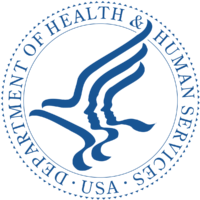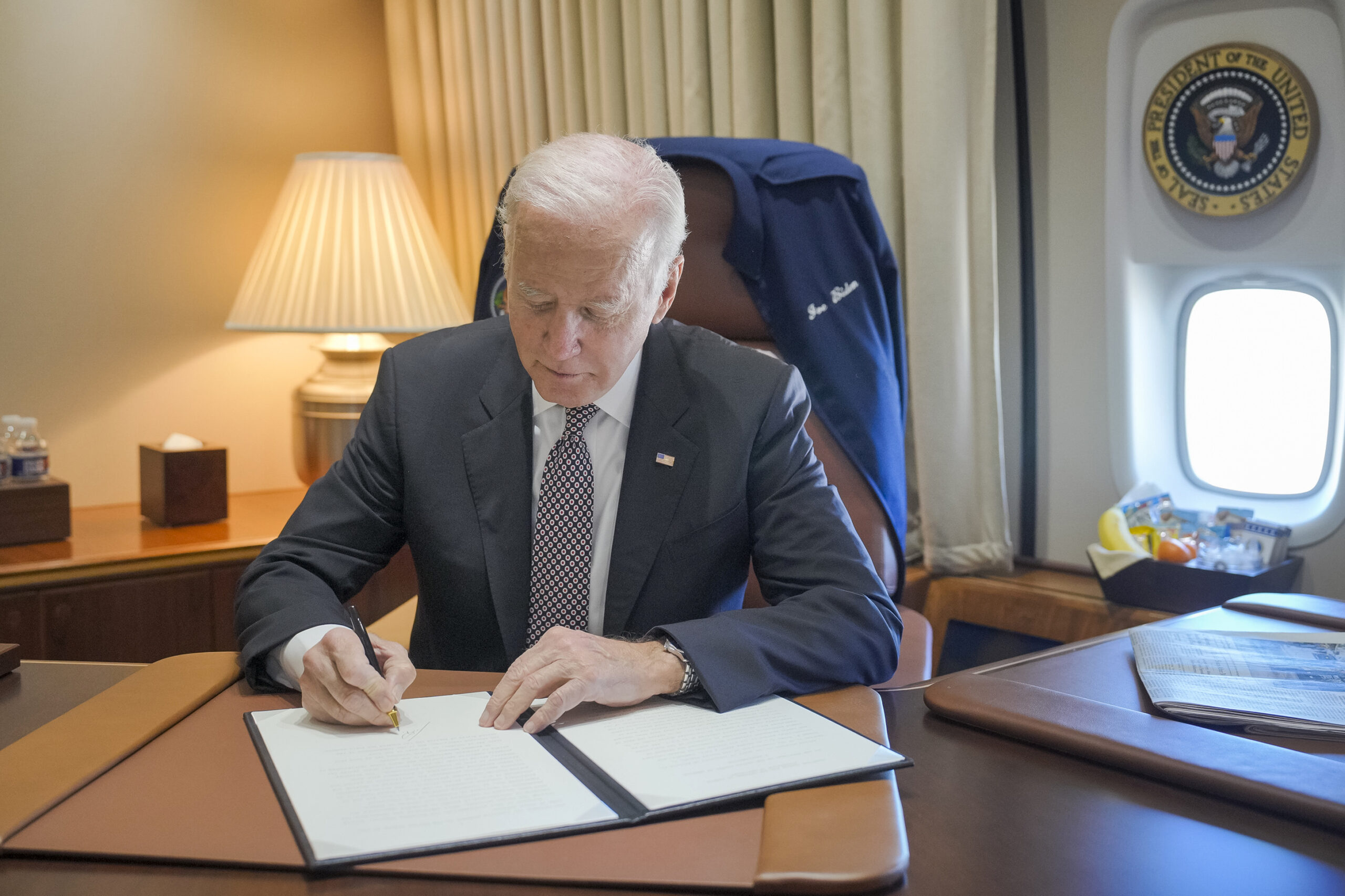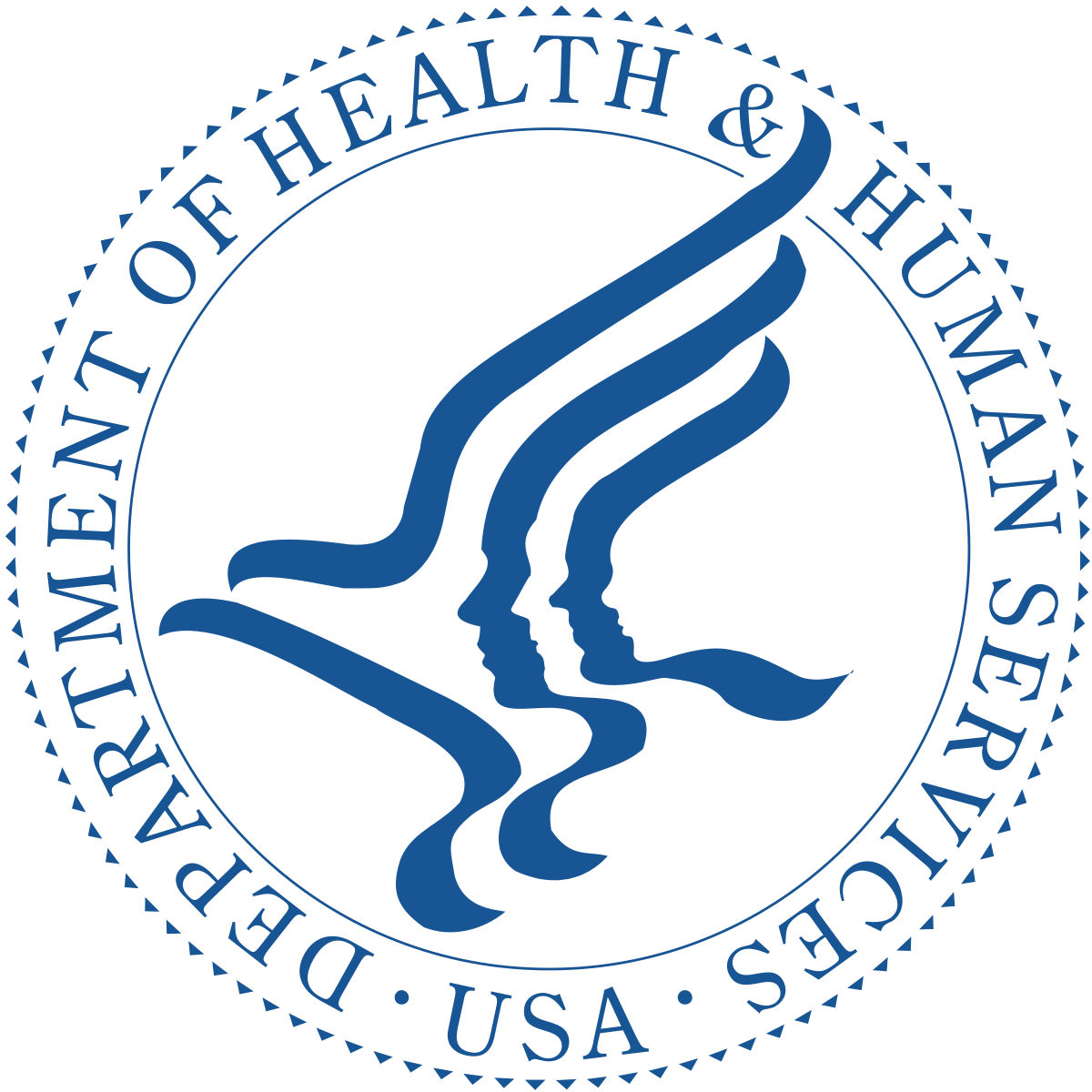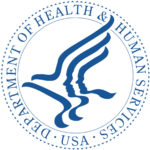In the most unexpected development to hit the cannabis industry in years, the U.S. Department of Health and Human Services’ (HHS) Secretary Xavier Becerra shared his agency’s recommendation that, based on data and scientific analysis, cannabis, a Schedule I drug under the Controlled Substances Act, should be reclassified as a Schedule III drug. The announcement was made on Wednesday, August 30.
The Background
HHS’ conclusion was sent by letter to the Drug Enforcement Administration (DEA), the agency with authority to reclassify how various substances are treated under federal drug laws. The HHS recommendation means that the nation’s top health agency no longer considers cannabis a drug that lacks medical value and carries the high potential for abuse.
 The announcement comes just under a year after President Biden and his administration made a statement on cannabis reform. In that statement, which he made on Oct. 6, the president requested that the Secretary of HHS and the Attorney General (AG) initiate an administrative process to review how cannabis is scheduled under federal law, in addition to pledging to pardon all prior federal offenses of simple cannabis possession, directing the AG to develop an administrative process for the pardons and urging all governors to follow suit for state and local offenses. In a statement, Secretary Becerra said the agency acted “expeditiously” and completed the rescheduling process in less than 11 months, “reflecting the department’s collaboration and leadership to ensure that a comprehensive scientific evaluation be completed.” Indeed, the agency’s announcement reflects the administration’s desire to quickly resolve the country’s failed approach to cannabis reform, as prior rescheduling efforts have taken years. Few thought the federal government would move quickly on cannabis, let alone under a year.
The announcement comes just under a year after President Biden and his administration made a statement on cannabis reform. In that statement, which he made on Oct. 6, the president requested that the Secretary of HHS and the Attorney General (AG) initiate an administrative process to review how cannabis is scheduled under federal law, in addition to pledging to pardon all prior federal offenses of simple cannabis possession, directing the AG to develop an administrative process for the pardons and urging all governors to follow suit for state and local offenses. In a statement, Secretary Becerra said the agency acted “expeditiously” and completed the rescheduling process in less than 11 months, “reflecting the department’s collaboration and leadership to ensure that a comprehensive scientific evaluation be completed.” Indeed, the agency’s announcement reflects the administration’s desire to quickly resolve the country’s failed approach to cannabis reform, as prior rescheduling efforts have taken years. Few thought the federal government would move quickly on cannabis, let alone under a year.
The White House has chosen not to comment on the HHS recommendation as the “administrative process is an independent process led by HHS and DOJ and guided by the evidence.” During a press conference, White House Press Secretary Karine Jean-Pierre reiterated the administration’s position, saying that the administration is taking a more hands-off approach and allowing the federal agencies to determine cannabis’s classification without political influence.
What Does This Mean for the Cannabis Industry?
Although a historic announcement, many industry members hoped for a report that would completely remove cannabis from the CSA. Rescheduling cannabis as a Schedule III drug could provide a route for the FDA to assume a more hands-on regulatory role, and it could open up opportunities for interstate commerce in cannabis. A Schedule III designation does not amount to federal legalization, which means the industry will continue to lack a comprehensive regulatory framework addressing the conflicts between federal and state cannabis laws. Rescheduling cannabis also does not address long-overdue concerns about decriminalization and the effect the war on drugs has had on incarceration rates and racial disparities among the imprisoned.
With the HHS recommendation out in the open and the ball firmly in the DEA’s court, concerns have shifted to the DEA’s timeline for considering rescheduling. No hard deadline exists for the agency to complete its review, and industry stakeholders already know that the rescheduling process can be grueling and lengthy. The last time the DEA rescheduled a drug, hydrocodone combination products (HCPs) in 2004, the process took nearly a decade. In fact, each time the DEA has previously considered rescheduling cannabis, in 2001 and 2006, the process took over two years and resulted in no changes.
 While many stakeholders speculate that a decision will be made ahead of the November 2024 presidential election, others remain skeptical given the strict anti-drug posture hardwired into how the DEA operates. In fact, the HHS recommendation coupled with the DEA’s approach to drug policy has led some to speculate that the DEA may compromise by moving cannabis into Schedule II, a category reserved for medicines with high potential for abuse and dependence, including most common opioids.
While many stakeholders speculate that a decision will be made ahead of the November 2024 presidential election, others remain skeptical given the strict anti-drug posture hardwired into how the DEA operates. In fact, the HHS recommendation coupled with the DEA’s approach to drug policy has led some to speculate that the DEA may compromise by moving cannabis into Schedule II, a category reserved for medicines with high potential for abuse and dependence, including most common opioids.
Either way, the agency’s recommendation is a momentous moment for an industry that has been reeling from falling sales and rising costs. Rescheduling cannabis could open the floodgates to more and better research into cannabis. The Schedule I designation has severely limited scientists’ access to cannabis for research purposes. A Schedule III designation would also have a significant financial impact on cannabis companies that have been deprived of tax deductions and banking services on which most companies depend.
The DEA has confirmed that it received the HHS letter and recommendation and will initiate its five-factor review, which differs from HHS’s eight-factor criteria. It remains to be seen what the DEA will do or when it will be done, but thousands of cannabis companies across the country will be watching closely.





